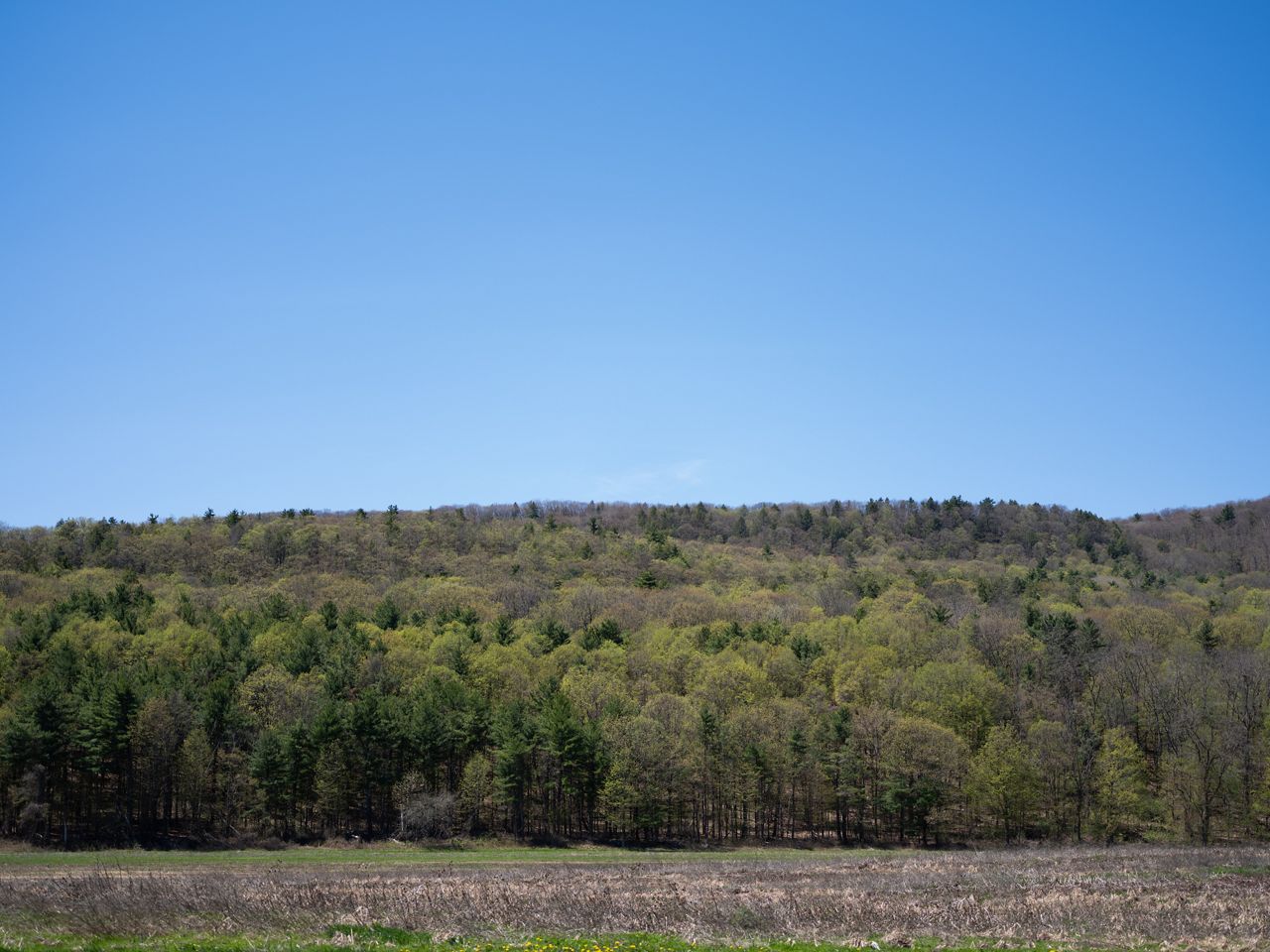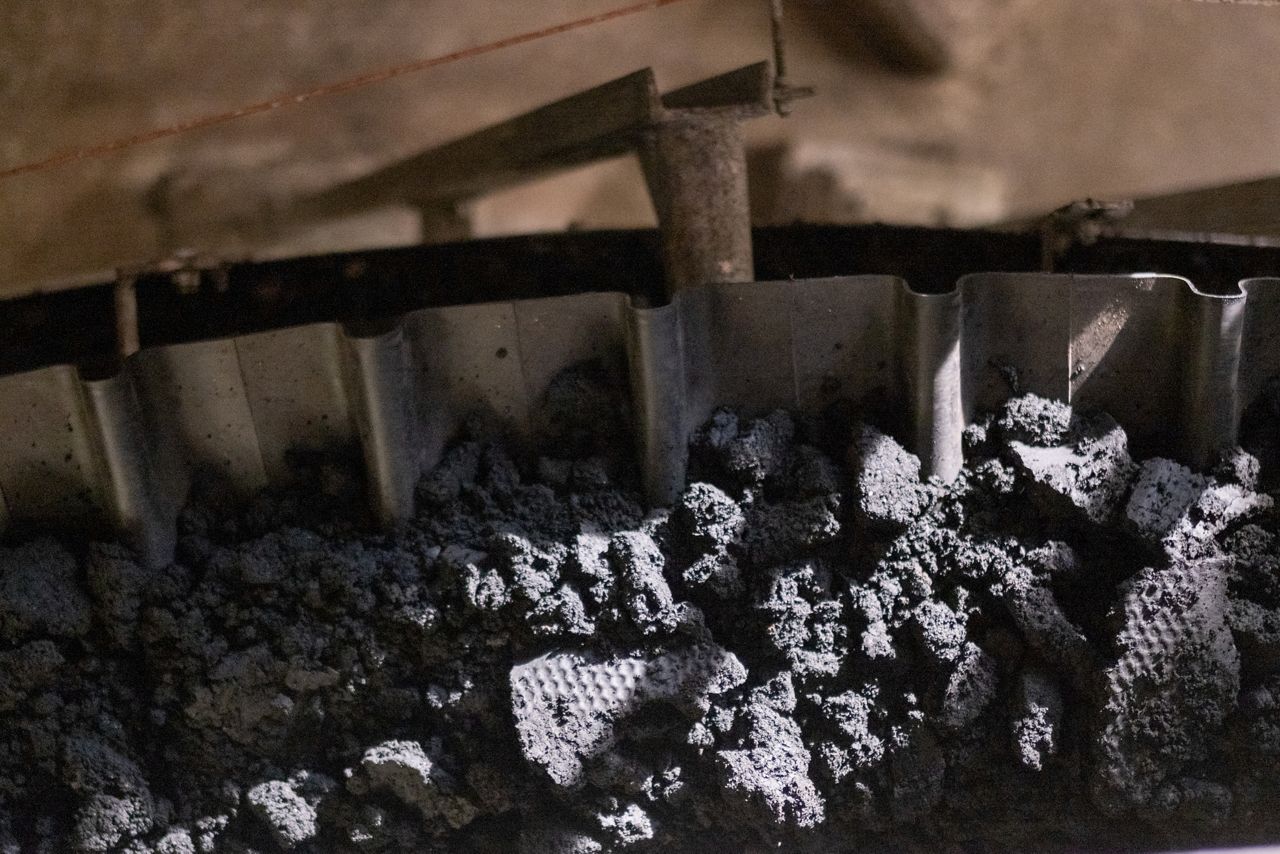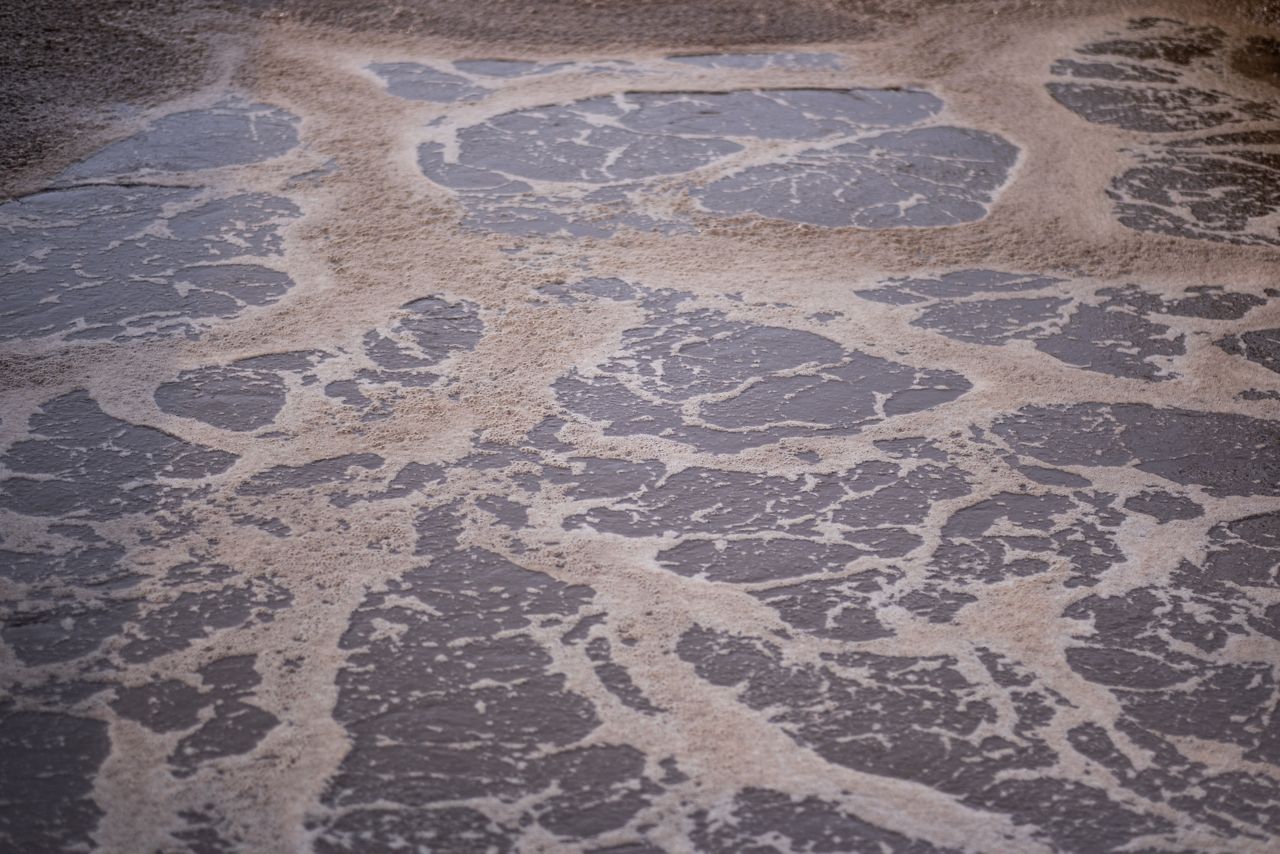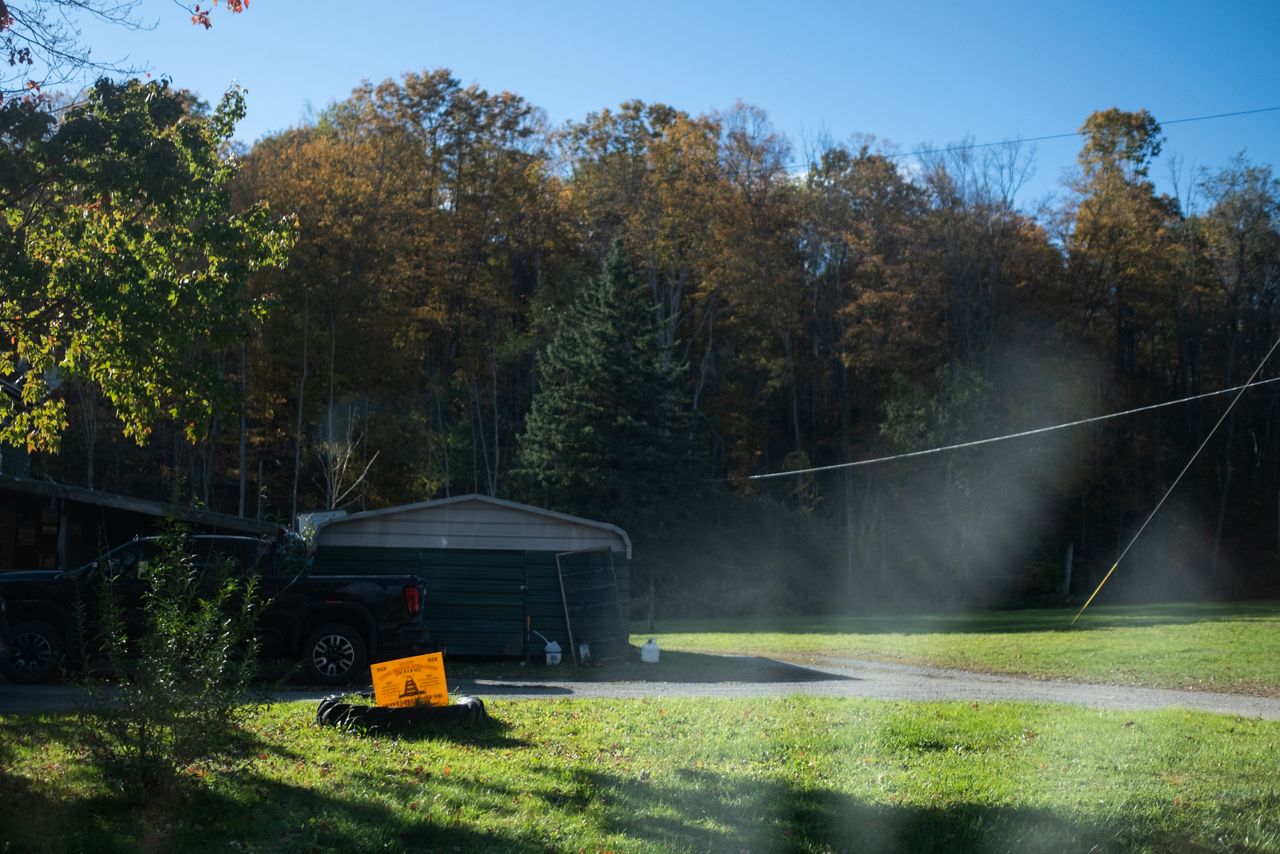The use of sewage sludge on farmland is a rising concern for a growing number of New York towns and counties, so much so that several have intervened in recent months to stop the spread of it over contamination worries.
Despite an alarming EPA study and tests throughout the state showing PFAS in biosolids, state environmental leaders are standing by its approach to ban PFAS-infused products as the best way to mitigate the problem.
“I think first it’s important to sort of recognize what the challenge is here,” said DEC Commissioner Amanda Lefton, who was confirmed to the position last month. “Fundamentally, biosolids in and of themselves are not the challenge, it’s, in fact, PFOA and PFOS and other emerging contaminants.”

Biosolids, the byproduct from wastewater treatment, are used on farmland for their nutrient-dense qualities that can replace more costly commercial fertilizers. Residents living near spreading sites, however, have reported their wells, streams and ponds are contaminated with per- and polyfluoroalkyl substances (PFAS), and in some cases, E. coli and coliform.
PFAS — the collective term for thousands of man-made chemicals — are linked to cancer, fertility issues, developmental delays in children and the reduced ability of the immune system to fight infection.
In January, the EPA released a risk assessment of sewage sludge on farmland showing that people living on or near sites where biosolids have been spread and those who rely on products such as food crops, animal products or drinking water near those sites exceed the acceptable human health risk threshold set by the agency, sometimes by several orders of magnitude.
EPA Administrator Lee Zeldin announced in May the agency will keep the drinking water regulations for PFOA and PFOS at 4 parts per trillion but eliminated the regulations for other PFAS contaminants. Additionally, the agency extended the compliance time.

The DEC said they would review the risk assessment and determine if and how it should be implemented. Lefton said they are still evaluating next steps with the state Department of Health and the Department of Agriculture and Markets.
“We’re continuing to ensure that we’re developing regulations and policies and guidance at the department, including policies to ensure that we’re testing biosolids coming in from other places so that we know what's out there. We’re going to be moving forward with sampling so that we actually understand what has happened when biosolids have been spread. So, while [the] EPA process is ongoing, we’re going to continue to take action proactively,” she said in an interview last week.
Spectrum News 1 requested records for land application of biosolids that have come into New York from other states through the Freedom of Information Law. However, the DEC said after a diligent search of their files, it produced no responsive records. That’s despite homeowners and county leaders in Albany County blaming a wastewater treatment plant in Massachusetts for its source of PFAS-laden water.

Currently, under the DEC’s guidelines biosolids with any levels of PFOS and PFOA greater than 50 parts per billion are not allowed to be spread until testing shows a concentration below 20 ppb.
Controlling PFAS at the source refers to eliminating them from household products, makeup, food packaging and cookware. In the state’s landmark policy that seeks to reduce its impact on climate change by 2050, it specifically called for doubling the spread of biosolids on farmland to prevent the sludge from making its way to landfills.
“We’ve really been focused at the department and working with the legislature and others to really make sure that we’re trying to reduce the amount of emerging contaminants that go into the waste stream because that’s really the single-most important thing we can do,” Lefton said.
However, residents in areas that have been impacted by sewage sludge have expressed frustration with the DEC’s approach of source control because they are already living with adverse effects from contamination.
“I think the reality is, and what we’re going to continue to see is that emerging contaminants are present in New York,” Lefton said. “We actually do see levels of emerging contaminants all across the state, which is why it’s so critical that we’ve really invested in important programs for remediation,” Lefton said.

There is not currently any site cleanup going on in Steuben County or Albany County, where residents’ wells have been contaminated, making their water undrinkable. The DEC was made aware of a problem site in Steuben County in 2023, but there are no known plans to remediate the land. In fact, the DEC renewed the permit within the last year for spreading sludge on that land by Casella, a waste management company.
New York Commissioner of Agriculture Richard Ball said it is important to the next generation that farmers are not contaminating their land.
“We have looked at these applications traditionally as good agricultural practices. But now that we’re able in the scientific world to analyze all kinds of things, not the parts per thousand or parts per million but parts per trillion, and learning what we’ve been learning over the last 10 years about PFOA, PFOS, etc., I think we need to make sure that we’re not contributing to any problems,” Ball said.

In other states like Maine, which banned the practice in 2022, farms have had to cease operating due to contamination from sewage sludge.
New York lawmakers proposed a five-year moratorium on the use of biosolids on farmland. However, the bill is in committee for both the state Senate and the Assembly with just days left in the current legislative session.
“We’ve seen farms in New Mexico, farms in Maine that are out of business today because they are not able to use their land and farm it,” Ball said this week. "And to be honest with you, I don’t know a farmer in New York that doesn’t want to leave their farm better for the next generation than he found it.”
- Sewage sludge ‘poisoned’ drinking wells in Steuben County
- PFAS and you: A look at how ‘forever chemicals’ impact people
- Solving the complex PFAS problem
- Sludge spreading raises liability concerns, fertilizer questions for farmers
- 5 takeaways from the Spectrum News 1 sewage sludge investigation
- 'Suffering the consequences': Why Maine banned sewage sludge spreading and how farmers are adjusting
- 'Don't spread on me': Steuben County neighbors clamor for a ban on speading sewage sludge
- Why New York plans to double sewage sludge spreading as EPA issues health risk


